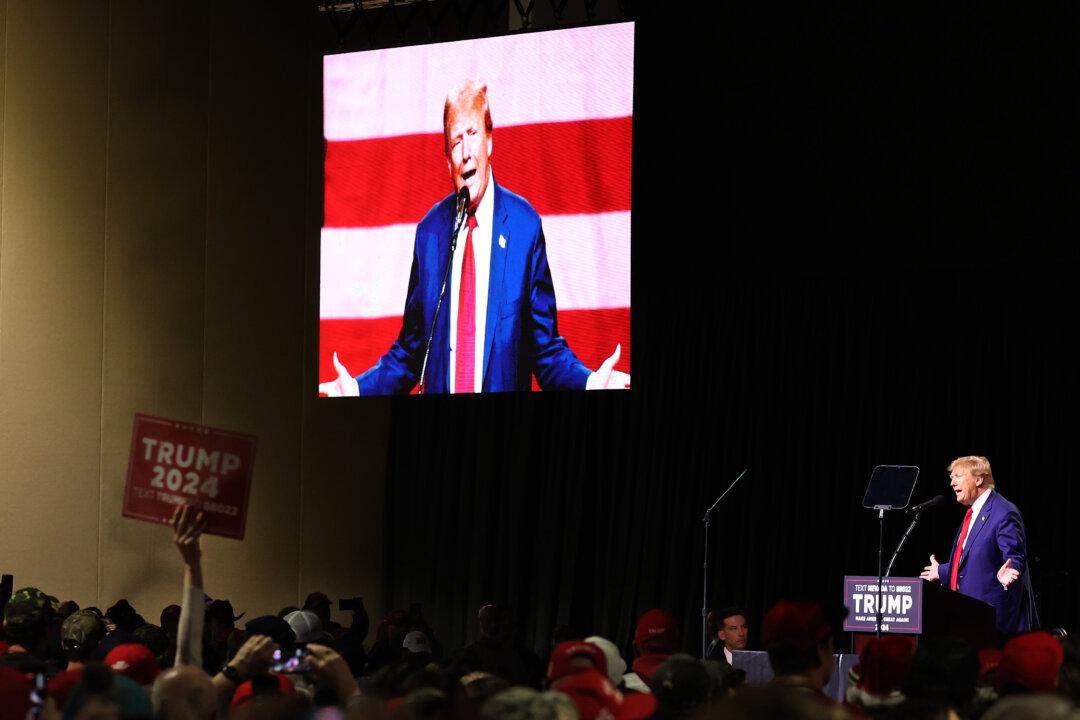The trial date is set for March 11, 2024, for six Nevada Republican electors who were indicted for felonies of offering a false instrument for filing and uttering a false instrument, referring to the alternate slates of votes they cast for former President Donald Trump during the 2020 presidential elections.
Arraigned on Dec. 18 through remote attendance at the Clark County District Court, all six pleaded not guilty.





